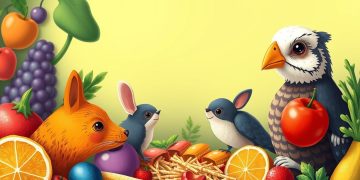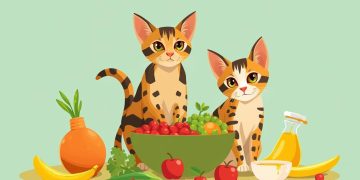Nigerian culture profoundly influences pet care practices, intertwining traditional beliefs, culinary choices, and community involvement. Pets are viewed as integral family members, with care routines reflecting spiritual significance and social status. As urbanization and globalization reshape these practices, they continue to honor rich cultural heritage while embracing modern innovations.









